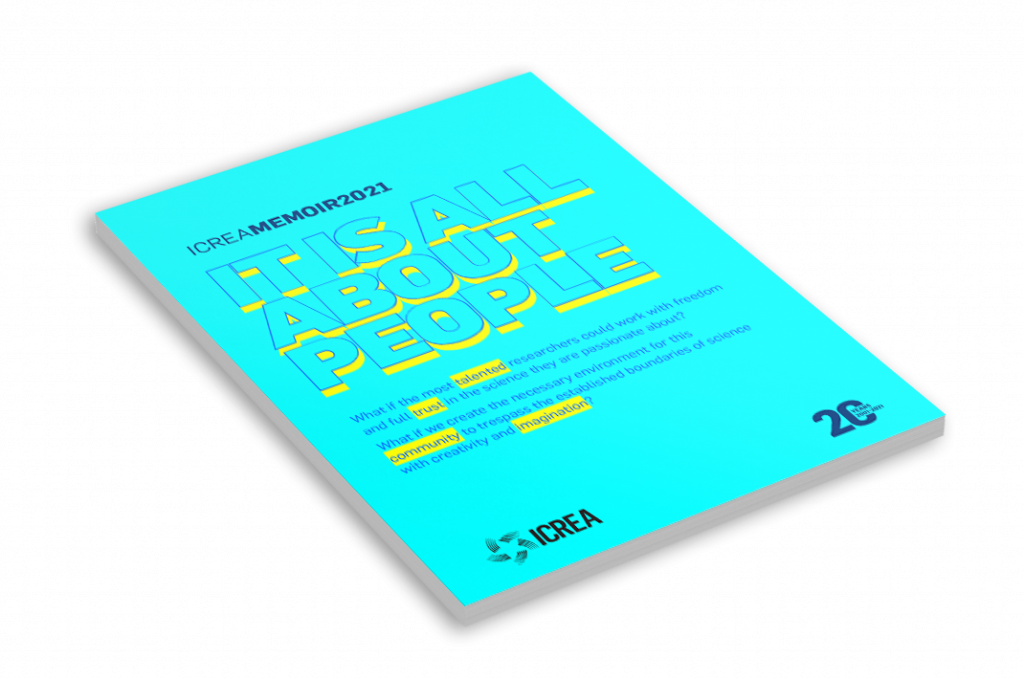Miranda Lubbers is Associate Professor in Social and Cultural Anthropology at the Autonomous University of Barcelona and Director of the COALESCE Lab. She received her PhD from the University of Groningen, The Netherlands, in 2004. She is a former Ramón y Cajal fellow and invited visiting fellow at the Universities of Oxford and Bielefeld. In 2021, she was awarded the ERC Advanced Grant and a Volkswagen Foundation Grant (the latter in international consortium) to study the network foundations of cohesion and polarization. Her work has been published in Global Networks, Social Networks, Network Science, Human Nature, the International Migration Review, and the Annals of the American Academy of Political and Social Science, among other journals. She serves on the Board of Directors of the International Network for Social Network Analysis and the editorial boards of Social Networks and Social Inclusion.
Research interests
Fostering cohesive and inclusive societies is a vitally important challenge in light of growing inequality, diversity, and polarization. And yet, most research overlooks the inherently relational nature of social cohesion and inclusion, resulting in significant blind spots. Dr. Lubbers advances knowledge in these areas by studying how individuals' webs of personal relationships create society-wide networks that mitigate, sustain, or exacerbate segregation, polarization, and exclusion. She collects new empirical evidence to estimate the properties of these processes in various European societies and studies people's agency in networks. An expert in personal network analysis (e.g., coauthor of the book Conducting Personal Network Analysis: A Practical Guide, 2019; Guilford Press), she also contributes to the development of innovative methods for exploring the micro-level bases of these fundamentally societal processes and connecting them to macro-level outcomes.
Keywords
Social Cohesion, Social Inclusion, Polarization, Social Networks, Poverty, Migration, Transnationalism, Network Science, Mixed Methods


